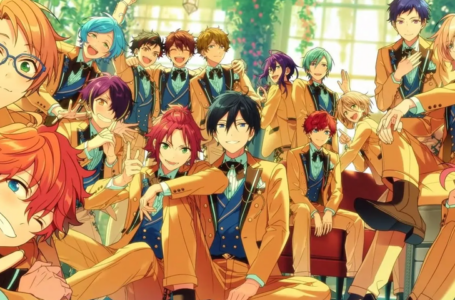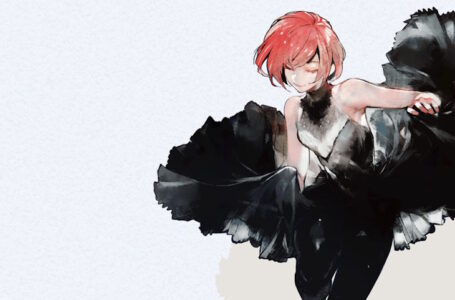Our dishonourable top 4 worst otome tropes and clichés
One of my absolute favourite hobbies is sitting down to romance the socks off 2D love interests, but as we have previously covered time and time again, even our most cherished entertainment pieces and fictional stories are not perfect. While I understand and appreciate that these are cultural differences for the most part, everyone and anyone should be allowed to vent their frustrations about what they love.
So, to blow off some steam today, here are four common aspects I would rather see not be so frequent within the otome genre. Join me as we take an unnecessary amount of time nitpicking and discussing the flaws of our very best 2D husbandos and the games that they hail from, because since we had 4 tropes we love to see we should highlight 4 we simply can’t stand for a nice balance.
The pushing of the “poster boy”
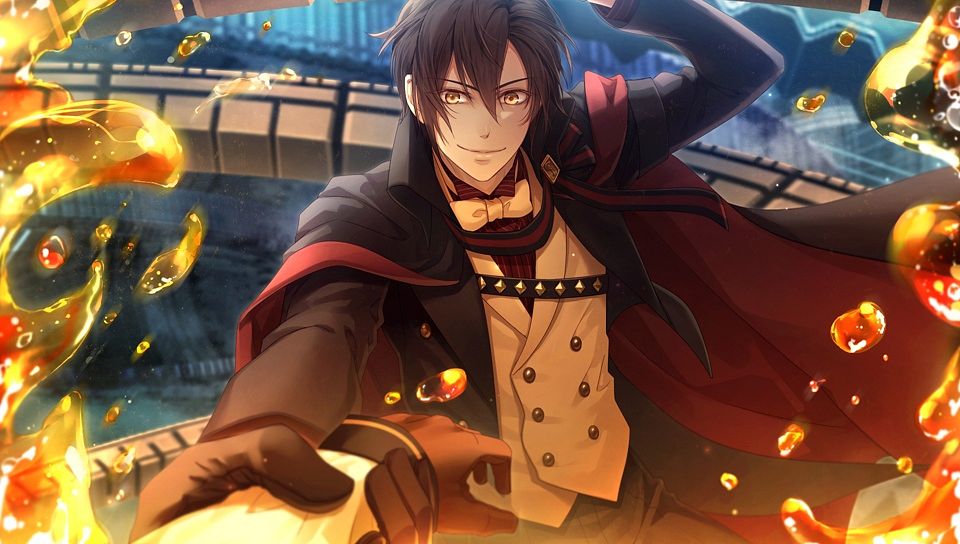
This one is a no brainer for yours truly as far as problematic tropes go in the genre. This one happens to be the only reason I felt inclined to make this article in particular — so do not be surprised by just how much I have to say about this personal issue I have!
An otome title’s “central” love interest is meant to represent the perfect specimen of manhood, intended to capture the attention of the majority of potential buyers. Examples include Shin from Amnesia, Limbo from BUSTAFELLOWS, Hijikata from Hakuoki, Akaza from Olympia Soiree, Yanagi from Collar x Malice, Dante from Piofiore and Eltcreed from Steam Prison.
Let’s be clear about something first up: I have no problem with love interests being linked to “true” narrative routes, such as in the cases of Ukyo from Amnesia and Toa from 7’scarlet. What these two examples have in common is a good balance between story relevance and character depth — even more so than the other characters whose routes you would have played through first. These “true” routes tend to be locked and contain story-heavy revelations to answer lingering questions. I can’t blame these guys for carrying such a big burden.
These two examples also happen to not be the poster boys of their respective works — the love interests placed on the game cover, or the ones who get the most focus in the game’s marketing. My nitpick here is that said poster boys sometimes feel a bit bare-bones in terms of personality and depth compared to other love interests. Lupin of Code: Realize is one of my most disliked for this reason — he’s the love interest that both side and supporting characters will praise to the moon and back and regard him as the “best” option for the heroine to end up with.
This effectively tells both the heroine and the player that she will be “better off” with him than one of the other guys. What a way to sideline and invalidate the other characters!
Worse yet is the case of Akaza from Olympia Soiree, who we all know is the perfect husband to the heroine, no matter which route or how many routes you clear. It doesn’t help his characterisation to make him so “perfect”; he ends up feeling like little more than a plot device for the convenience of the story revelations within his route.
I simply loathe how there is no lesson to be learned for his character, because he starts and ends his journey as a perfect fit for the heroine. It makes him far less memorable and impressive compared to the other love interests in terms of their growth and emotional arcs. Like many poster boys, he’s average because his characterisation and narrative is played safe to appeal to the majority of players.
Poster boy routes often end up with less time to show the natural development of a romantic relationship because of how many narrative questions they end up answering. On the flip side, these routes often end up being regarded as “superior” precisely because they answer these lingering questions — though this also leaves chemistry feeling shoehorned in and preordained. The love is neither subtle, nor does it build up over time. It’s simply their destiny to be the better match.
And don’t even get me started on the “fated lovers” trope, which always suggests they are the “canonical” route. Such a forced narrative pull — usually delivered through past encounters explaining their bond instead of building a relationship in the present — lays out the relationship on a platter for the audience, and for me, that’s not appealing at all.
The heroine who is inexperienced in sex
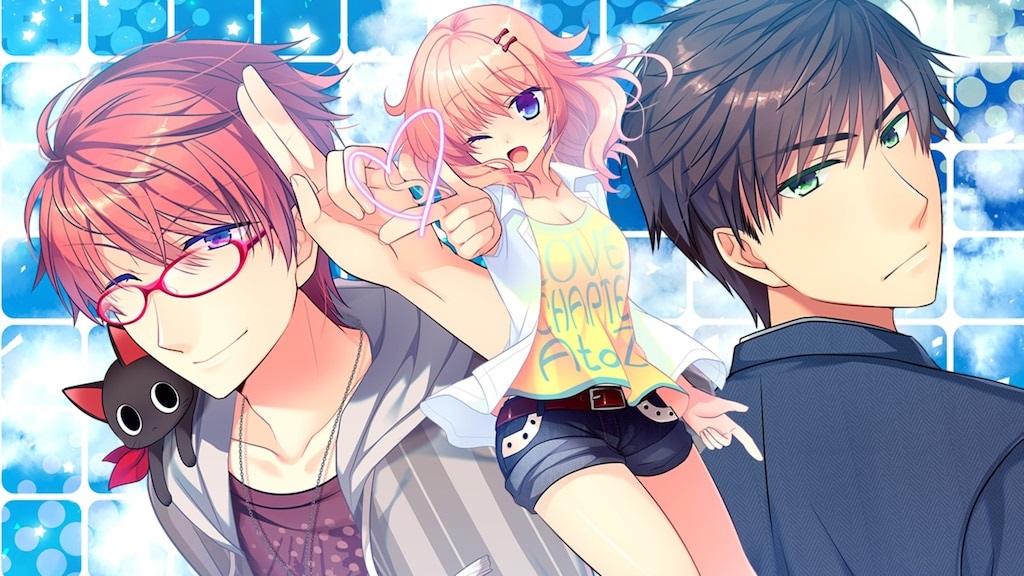
I got a lot off my chest with that one, so let’s calm down a bit from here. So with sex talk and steamy encounters in otomes, this is often a bit of a weak point of the genre’s heroines. This is because they end up having their innocence define them as a fragile, delicate and appealing untouched flower, especially when compared to the love interests, who are often depicted as being more experienced.
It perpetuates the notion that men are predators compared to fair maidens who are inexperienced in love, romance and encounters of the more sexual kind. Characters like Kei from Collar x Malice frequently throw around the “men are wolves” warning to Ichika simply for letting him inside her house — even when she simply invites him in because it’s good manners to do so.
It also invalidates players who are more experienced than the heroine. While otome heroines are not necessarily intended to be a self-insert, many players still project themselves on the heroine while they play. So when they behave in a way that is not in accordance with the player’s own experiences, age and preferences, it can feel less relatable.
I’ll freely admit that indie otome games are starting to cater to a much wider demographic, so there are options out there. The sexually inexperienced, innocent heroine is something I feel is overdone, though — it doesn’t appeal to me at my current age. Not that this will stop me from continuing to enjoy the genre, mind!
The sudden change in a love interest’s personality
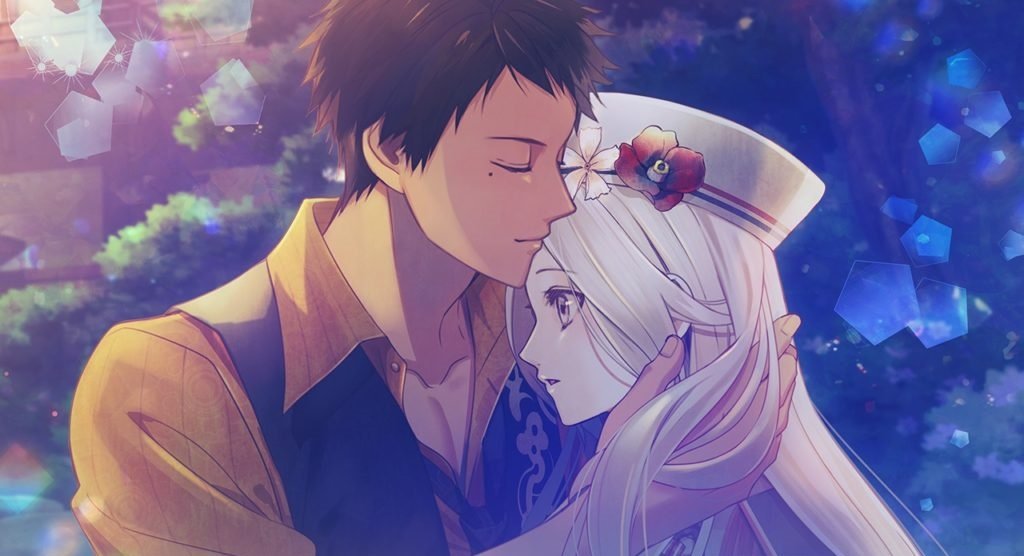
Something that does affect my enjoyment with an otome game is if a character suddenly starts being poorly handled despite having had a good run beforehand. This often happens in disappointing bad endings — outrageously poor examples weave in bad events with no warning, purely for the sake of creating a “bad ending”.
Olympia Soiree, for example, packs a number of unexpected alternative endings, all for the sake of shock factor. And the result is a hit to a character’s overall likability and established personality. These things often come out of nowhere with no build-up or feeling of us learning how their psyche got into such a state.
If you need specifics, let’s talk about Kuroba from Olympia Soiree and Heishi from Norn9. The former is a doctor who looks after the wellbeing of others and wants to keep Olympia safe and well, while the latter is a pure, unadulterated genki boy with not a bad bone in his body.
What their respective games decide to do is completely shatter everything that their routes had built them up as, all to make for a shocking and sudden character shift in a bad, yandere-style ending. Their outbursts — with one of them straight-up killing the heroine due to a sudden spur of the moment decision — is horrifying for all the wrong reasons. It’s distasteful, poorly written and character assassinating.
So-called “romantic” gestures that are actually creepy
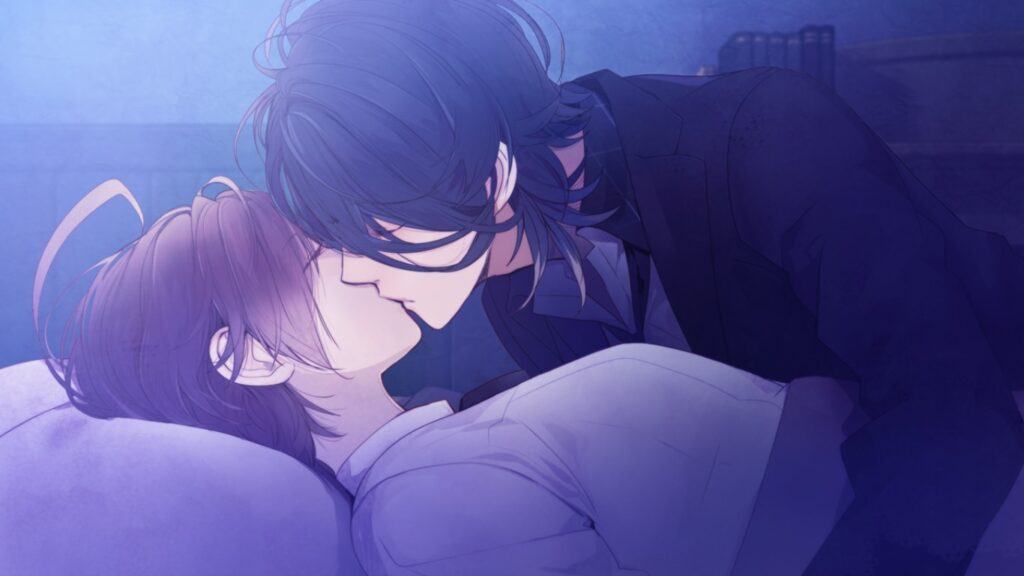
This is my personal pick for the most outrageous trope in the genre — one that rears its ugly head all too often. It never fails to make me feel uncomfortable with each example I unknowingly stumble upon and end up jumping back in sheer horror at.
Take Cupid Parasite’s Lovelorn Parasite Gill. He thinks it’s appropriate — endearing, even — to take photos of the heroine Lynette without her consent and knowledge when she’s eating and sleeping. He even offers “assistance” when she’s bathing.
We never quite know to what extent this nasty habit goes, since most of these moments are played for laughs, despite how uncomfortable and alarming they actually are if you think about them for a moment. The unsolicited nature of it all will likely creep many players out rather than win affection points with us.
But there’s worse out there, with examples found in Period Cube -Shackles of Amadeus- and Re:birthday Song.
Both of these games take non-consensual situations and run with them to make for extremely uncomfortable outcomes. Period Cube’s finale route, for example, features a side character — who happens to be the heroine’s missing brother — who goes on to touch the heroine while she is asleep, and in a distinctly non-brotherly way.
Yoru from Re:birthday Song, meanwhile, kisses the heroine while she is unconscious, with them not yet having made their feelings clear to one another.
Consent is an important subject, and sometimes for the sake of narrative and characterisation, liberties are taken. I understand this — but it does, at times, leave a bit of a bitter taste in the mouth.
Nonetheless, that’s all the complaining I wanted to do for today! If I was a bit too harsh, it’s because I’m not usually. You just have to check what else I’ve written about otome games here on Rice Digital for some positivity instead!
Now, I’m off to find a 2D fella who knows how to treat a lady right…
Join The Discussion
Rice Digital Discord
Rice Digital Twitter
Rice Digital Facebook
Or write us a letter for the Rice Digital Friday Letters Page by clicking here!
Disclosure: Some links in this article may be affiliate links, which means we may earn a small commission if you make a purchase after clicking on them. This is at no additional cost to you and helps support Rice Digital!
- Sigh of the Abyss: Shadow Bonds – Prologue Review - October 7, 2023
- Is She The Wolf? is wickedly addicting TV - October 6, 2023
- The steady consumption of Slow Damage - October 5, 2023





